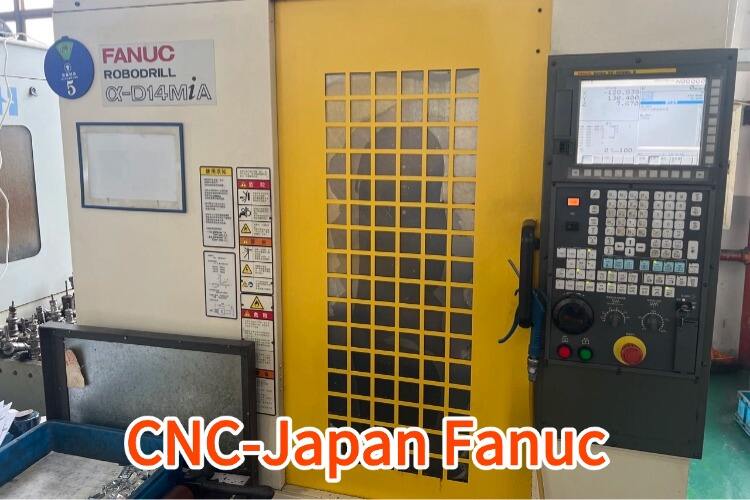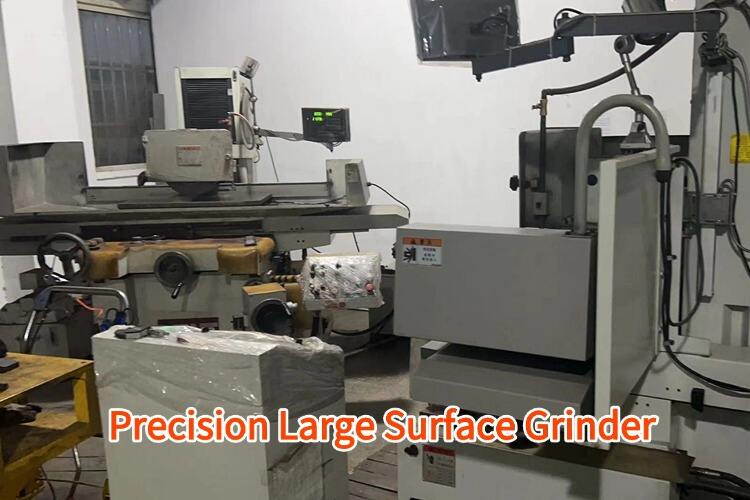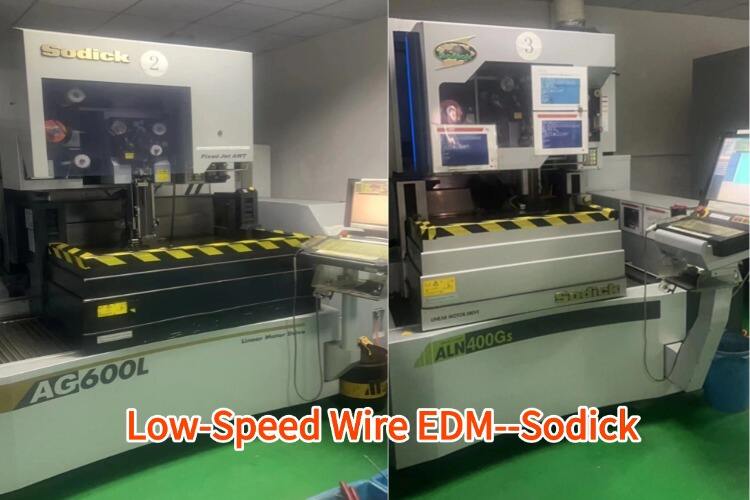what materials can cnc machine cut
CNC machines demonstrate remarkable versatility in material processing capabilities, accommodating a wide range of materials from metals to plastics. In metalworking, CNC machines efficiently process aluminum, steel, brass, copper, and titanium with precision. For non-metallic materials, these machines excel at cutting various plastics, including acrylic, PVC, and polycarbonate. Wood processing is another strength, handling hardwoods, softwoods, MDF, and plywood effectively. The machines can also work with composite materials such as carbon fiber and fiberglass. Additionally, CNC machines can process specialty materials including foam, wax for prototyping, and even certain ceramics. The cutting capabilities extend to different material thicknesses and densities, with specialized tooling available for each material type. Modern CNC machines incorporate advanced cooling systems and cutting technologies to prevent material damage during processing, ensuring optimal results across various applications from industrial manufacturing to artistic projects.


